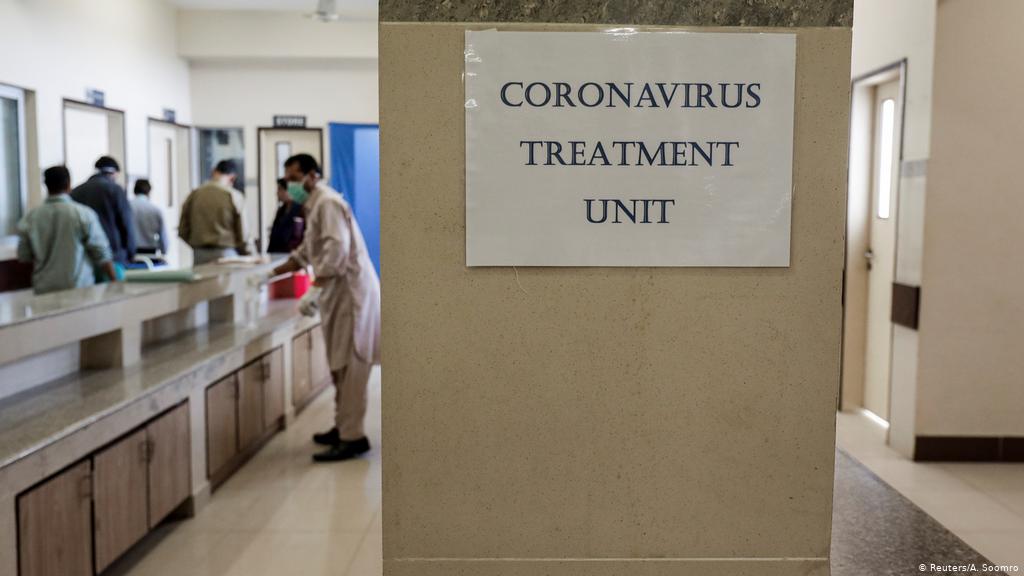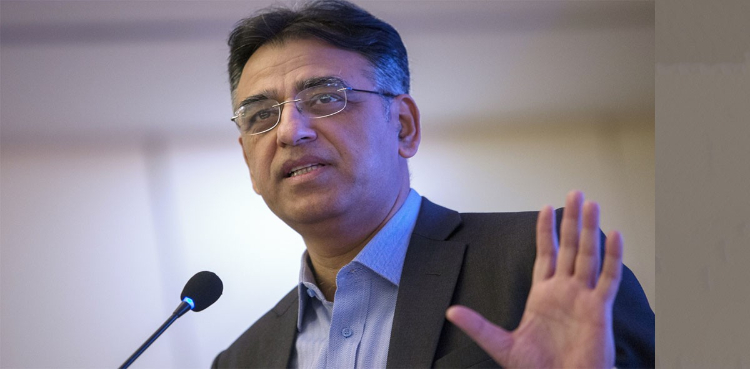The Islamabad High Court (IHC) Thursday restored Pakistan Muslim League-Nawaz (PML-N) supremo Nawaz Sharif’s appeals against accountability courts’ conviction verdicts in the Avenfield and Al-Azizia cases.
Nawaz, a thrice-ousted prime minister, appeared in person before an IHC division bench — led by Chief Justice Aamer Farooq and comprising Justice Miangul Hasan Aurangzeb — which heard his pleas against the sentences awarded to him in the two graft cases.
The National Accountability Bureau (NAB) informed the bench that it has no objections to revival of Nawaz’s pleas.
When asked if NAB would defend the judgments against Nawaz in its arguments upon the restoration of appeals, the anti-corruption body said that it will review the case and evidences before giving its arguments.
The capital’s high court had granted a protective bail to the PML-N supremo on October 19, allowing him to return safely to the country and appear before the court on October 24.
Then, on October 24, after the anti-graft watchdog told the court that it had no objections to the pleas filed by Nawaz, the three-time deposed premier’s bail in the Avenfield and Al-Azizia cases was extended till October 26.
Moreover, Punjab government approved suspension of Nawaz’s sentence in Al-Azizia reference on that same day.
The ousted prime minister was handed down a 10-year jail sentence in the Avenfield properties corruption reference for owning assets beyond known income in July 2018 and a year for not cooperating with the anit-graft watchdog — both of the sentences were to be served concurrently.
In the Al-Azizia Steel Mills corruption reference, Nawaz was sentenced to seven years in jail on December 24, 2018, and then taken to Rawalpindi’s Adiala Jail from where he was shifted to Lahore’s Kot Lakhpat jail the next day.
The elder Sharif was released from jail in March 2019 and traveled to London for medical treatment in November 2019 after permission from the Lahore High Court. Later, the IHC declared him a proclaimed offender in both cases in December 2020.
But last week, the protective bail granted by the IHC in both the graft cases, paved the way for Nawaz’s smooth return to the country on October 21 — after ending his four-year exile.
‘No objection’
NAB Prosecutor General Advocate Syed Ihtesham Qadir Shah, at the start of the hearing, said that the anti-graft watchdog could only withdraw the reference against Nawaz if “the decision was not heard”.
“We have read about both the cases,” he said, informing the court that the Avenfield reference was filed on the Supreme Court’s order. And on the same court’s order, he said, a joint investigation team was also formed.
“The references were then filed with the NAB chairman’s approval. When the accountability court issued its verdict, appeals were filed,” the prosecutor general added.
The window to withdraw the reference was during the said trial, Shah noted, adding that in line with the law, an appeal can be filed, but the reference itself cannot be withdrawn after the sentence has been awarded.
“If an appeal is filed, a decision has to be made, it cannot be dismissed even for non-pursuance,” he said. Shah said if the appeals are to be restored, then the arguments will be heard on merit and then a decision will be taken.
He told the court that speculations were being made that NAB had surrendered, but “let me assure you that this is not the situation”. Shah said it is his job to advise the NAB chairman in line with the law.
Nawaz had filed two pleas, but both were dismissed on grounds of non-pursuance.
“But right now, we don’t have any objection to Nawaz’s pleas in the first phase. If an absconder has surrendered before the court, then their appeals should be reinstated.”
PML-N lawyer Amjad Pervaiz said the court has made it clear in the verdict acquitting PML-N Chief Organiser Maryam Nawaz in the Avenfield reference.
The court said that NAB was given chances repeatedly but the body changed lawyers thrice, Pervaiz said. “The court also mentioned that NAB has failed to fulfil its responsibility.”















































